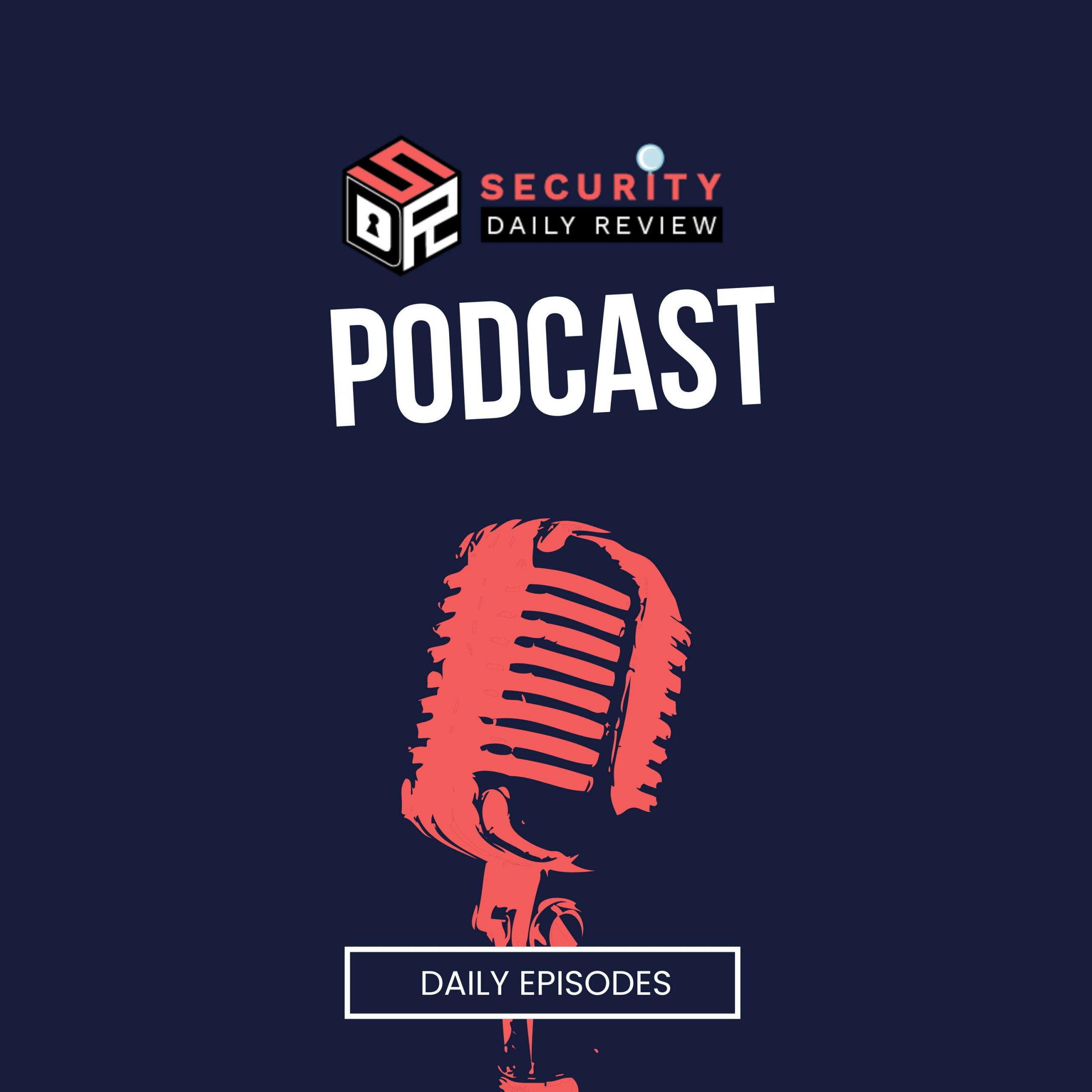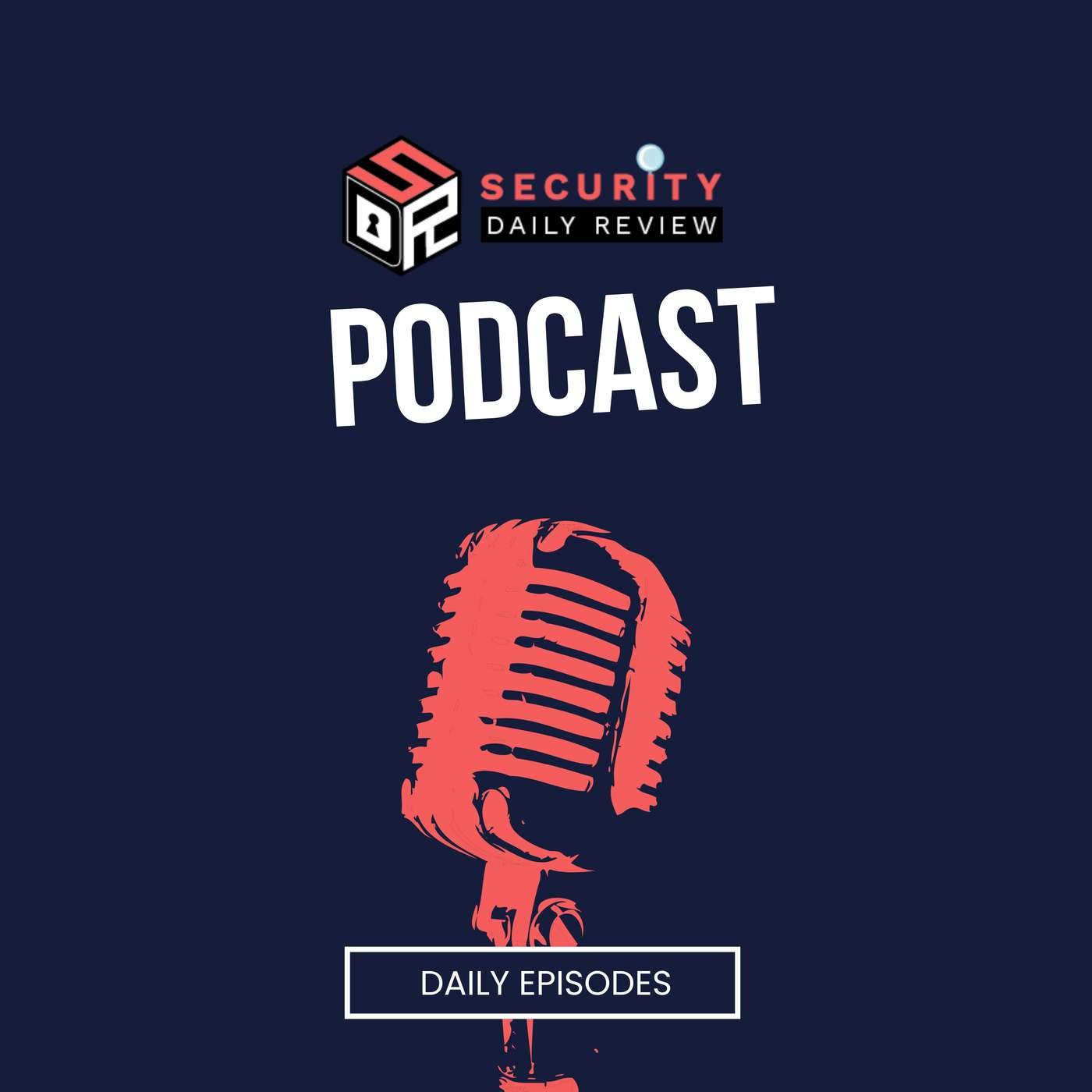Cisco and Atlassian have both released urgent security advisories in response to newly discovered high-severity vulnerabilities—and the implications are serious.
Cisco’s firmware flaws impact Meraki MX and Z Series devices running AnyConnect VPN. A bug in the SSL VPN process allows authenticated attackers to crash the VPN server, causing repeated denial-of-service conditions. Cisco ClamAV also contains heap-based buffer overflow vulnerabilities that could crash antivirus defenses simply by scanning a malicious file. Proof-of-concept exploit code is already circulating—making exploitation only a matter of time.
Atlassian isn’t faring much better. Their June 2025 bulletin disclosed 13 high-severity vulnerabilities across Bamboo, Bitbucket, Confluence, Jira, Crowd, and Service Management. Many of these are rooted in third-party dependencies like Netty, Apache Tomcat, and Spring Framework. From improper authorization to remote code execution and denial of service, the risks span multiple vectors.
This episode breaks down:
🔧 Cisco CVEs (2025-20212, 2025-20271, 2025-20128, 2025-20234)
🛑 How malformed VPN attributes trigger a system crash
🧪 The risk of crashing ClamAV with OLE2 content
📦 Atlassian’s dependency-driven vulnerabilities (CVE-2025-22228, CVE-2024-47561, CVE-2024-39338 and more)
🔁 The challenges of managing firmware updates across Meraki networks
💣 The broader danger of unpatched systems and third-party bloat
📉 Real-world fallout: from Equifax to ProxyShell
☁️ Shared responsibility in cloud environments and how institutions often misinterpret it
If you’re running Cisco hardware, using Atlassian platforms, or relying on open-source libraries, this episode shows why you must have a clear patching strategy, strong third-party oversight, and internal security validation—before attackers find the gaps for you.








